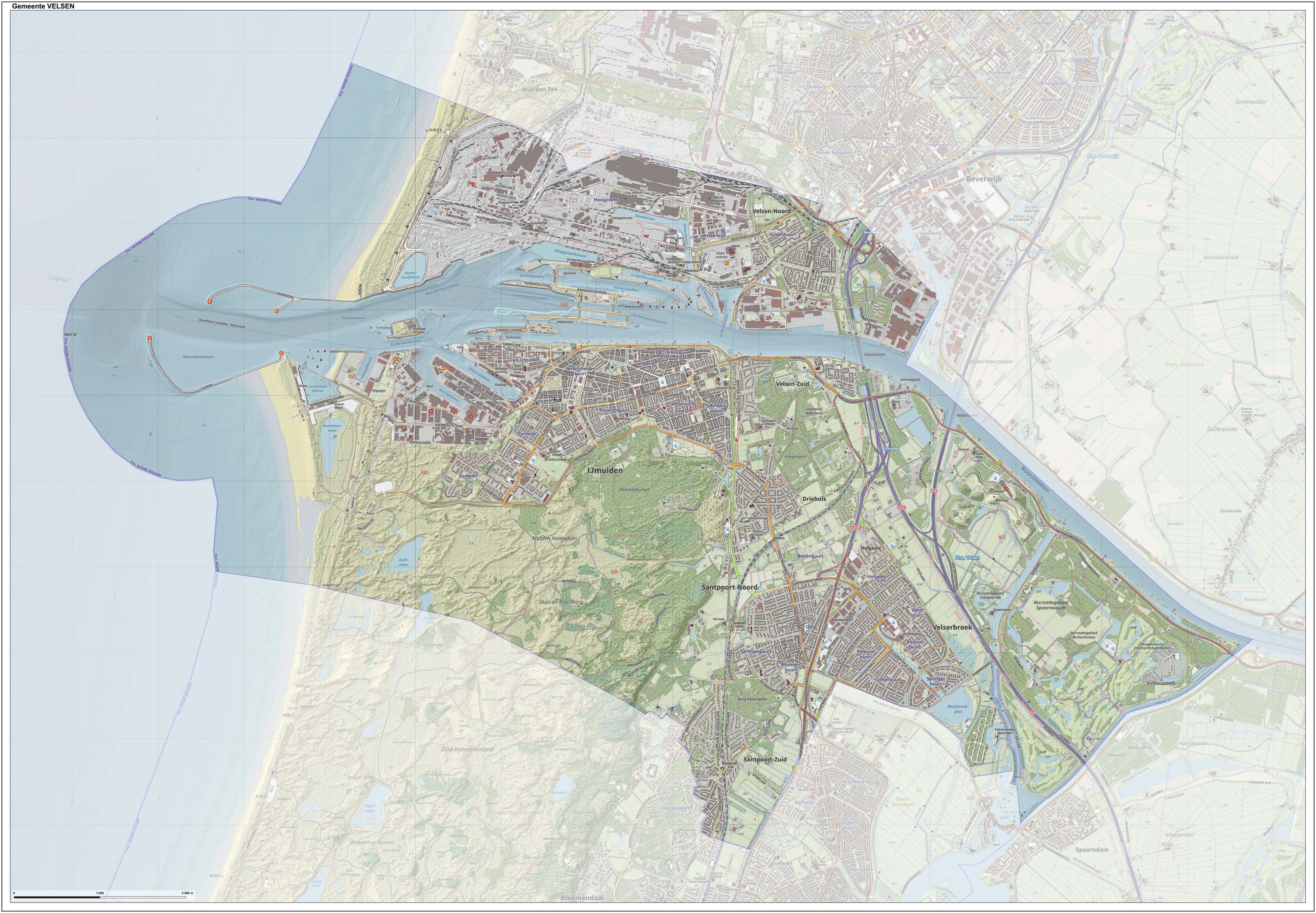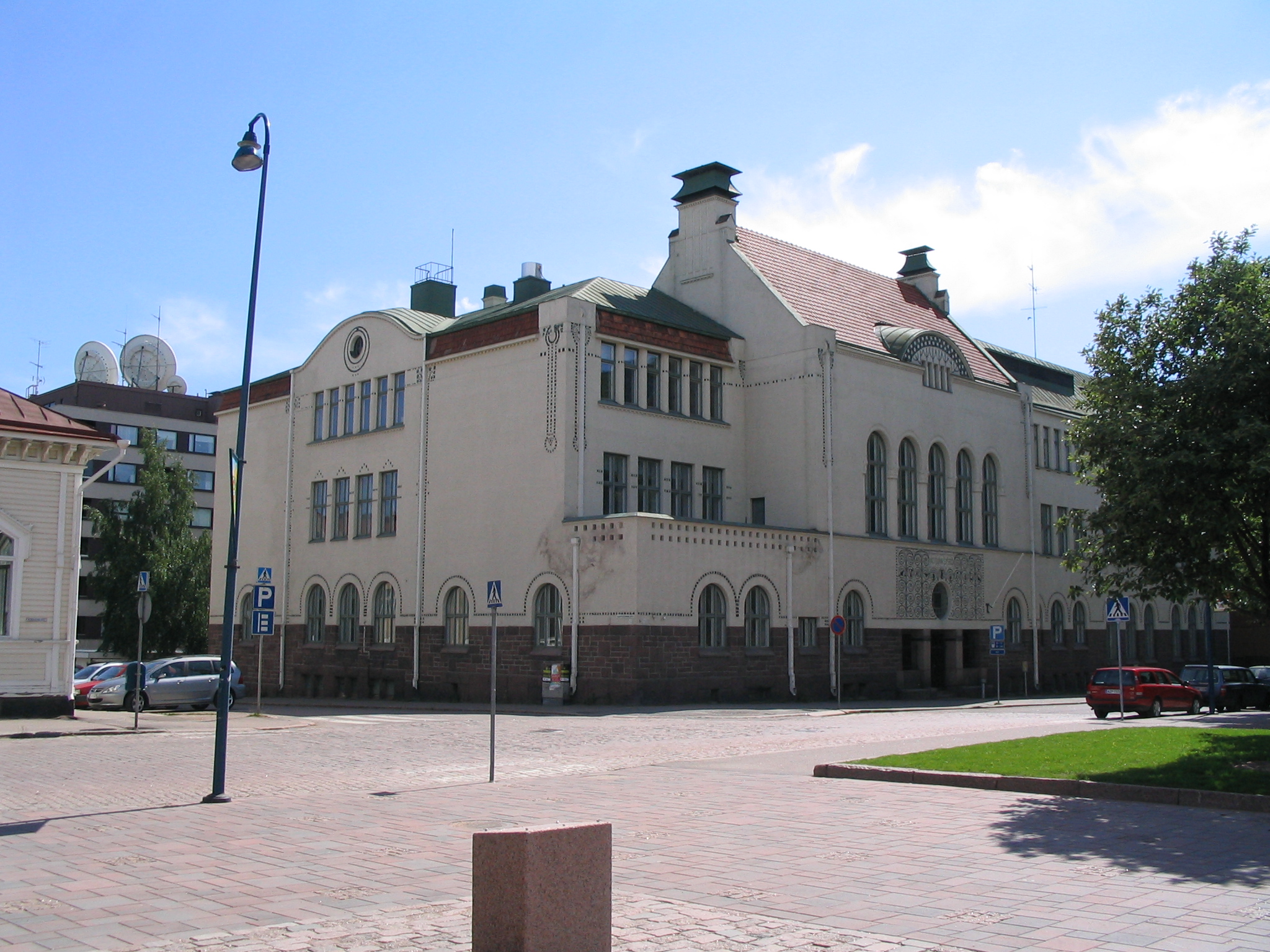|
Hans De Boer
Hans Andries de Boer (born 30 May 1937) is a former Dutch politician of the defunct Anti-Revolutionary Party (ARP) and later the Christian Democratic Appeal (CDA) party and trade association executive. De Boer attended a Lyceum in Velsen from May 1949 until June 1955. De Boer worked as a farmworker in Velsen from May 1953 until July 1960. De Boer worked as a trade association executive for the Christian Farmers and Gardeners association (CBTB) from July 1960 until February 1972 and served as General-Secretary from August 1970 until February 1972. De Boer served on the Provincial-Council of North Holland from June 1966 until February 1972 and served on the Municipal Council in Velsen from April 1971 until April 1974 and served as an Alderman in Velsen from September 1971 until September 1973. De Boer became a Member of the House of Representatives after resignation of Joop Bakker, taking office on 16 February 1972 serving as a frontbencher chairing the special parliamentary ... [...More Info...] [...Related Items...] OR: [Wikipedia] [Google] [Baidu] |
Social And Economic Council
The Social and Economic Council (Dutch language, Dutch: ''Sociaal-Economische Raad'', SER) is a major economic advisory council to the cabinet of the Netherlands. Formally it heads a Publiekrechtelijke Bedrijfsorganisatie, system of sector-based regulatory organisations. It represents the social partners trade unions and employers' organization, employers' organisations. It forms the core organisation of the corporatism, corporatist and social market economy known as the polder model and the main platform for social dialogue. History The SER was founded in 1950. It was founded after a long debate about the economic order of the Netherlands. The two main governing parties of the time, the Catholic People's Party (KVP) and the Labour Party (Netherlands), Labour Party (PvdA) had differing opinions on the subject. Both wanted to prevent the repetition of the Great Depression. The Labour Party preferred to grant the government an important regulatory role in the economy, while the KVP ... [...More Info...] [...Related Items...] OR: [Wikipedia] [Google] [Baidu] |
Velsen
Velsen () is a municipality in the Netherlands, in the province of North Holland. It is located on both sides of the North Sea Canal. On the north side of the North Sea Canal there is a major steel plant, Tata Steel IJmuiden, formerly known as ''Koninklijke Hoogovens'' (the town of IJmuiden is actually located south of the canal). The headquarters of the Koninklijke Nederlandse Redding Maatschappij is located in IJmuiden. The Kennemerstrand beach on the south side of the canal is at the end of the Kennemerboulevard, which runs south of the Seaport Marina. To the south is the beach of Bloemendaal aan Zee. In between is a nude beach. Population centres The municipality of Velsen consists of the following cities, towns, villages and/or districts: * on the north of the North Sea Canal: ** Velsen-Noord * on the south of the North Sea Canal: ** Velsen-Zuid, Driehuis, IJmuiden, Santpoort-Noord, Santpoort-Zuid and Velserbroek, and the parts Oosterbroek and Buitenhuizen of the r ... [...More Info...] [...Related Items...] OR: [Wikipedia] [Google] [Baidu] |
North Holland
North Holland ( nl, Noord-Holland, ) is a province of the Netherlands in the northwestern part of the country. It is located on the North Sea, north of South Holland and Utrecht, and west of Friesland and Flevoland. In November 2019, it had a population of 2,877,909 and a total area of , of which is water. From the 9th to the 16th century, the area was an integral part of the County of Holland. During this period West Friesland was incorporated. In the 17th and 18th century, the area was part of the province of Holland and commonly known as the Noorderkwartier (English: "Northern Quarter"). In 1840, the province of Holland was split into the two provinces of North Holland and South Holland. In 1855, the Haarlemmermeer was drained and turned into land. The provincial capital is Haarlem (pop. 161,265). The province's largest city and also the largest city in the Netherlands is the Dutch capital Amsterdam, with a population of 862,965 as of November 2019. The King's Commissi ... [...More Info...] [...Related Items...] OR: [Wikipedia] [Google] [Baidu] |
States-provincial
The provincial council (, PS), also known as the States Provincial, is the provincial parliament and legislative assembly in each of the provinces of the Netherlands. It is elected for each province simultaneously once every four years and has the responsibility for matters of sub-national or regional importance. The number of seats in a provincial council is proportional to its population. The provincial councils originated as Estates assemblies in the Middle Ages, hence the name 'States Provincial'. From 1813 to 1850, the noble members of the ''ridderschap'' chose one-third of the members of the provincial councils. Johan Rudolf Thorbecke's reforms and his 'Provinces Law' (''Provinciewet'') of 1850 brought this privilege to an end. The provincial council chooses the provincial executive, which is the executive organ of the province. Originally, the States Provincial themselves also had executive powers and chose the provincial executive from among their own members. On 11 ... [...More Info...] [...Related Items...] OR: [Wikipedia] [Google] [Baidu] |
Farmworker
A farmworker, farmhand or agricultural worker is someone employed for labor in agriculture. In labor law, the term "farmworker" is sometimes used more narrowly, applying only to a hired worker involved in agricultural production, including harvesting, but not to a worker in other on-farm jobs, such as picking fruit. Agricultural work varies widely depending on context, degree of mechanization and crop. In countries like the United States where there is a declining population of American citizens working on farms—temporary or itinerant skilled labor from outside the country is recruited for labor-intensive crops like vegetables and fruits. Agricultural labor is often the first community affected by the human health impacts of environmental issues related to agriculture, such as health effects of pesticides or exposure to other health challenges such as valley fever. To address these environmental concerns, immigration challenges and marginal working conditions, many labor ... [...More Info...] [...Related Items...] OR: [Wikipedia] [Google] [Baidu] |
Lyceum
The lyceum is a category of educational institution defined within the education system of many countries, mainly in Europe. The definition varies among countries; usually it is a type of secondary school. Generally in that type of school the things that are taught are basic science and also in some part of that type of schools, some introduction to specific kind of jobs also may be done. History ''Lyceum'' is a Latin rendering of the Ancient Greek (), the name of a '' gymnasium'' in Classical Athens dedicated to Apollo Lyceus. This original lyceum is remembered as the location of the peripatetic school of Aristotle. Some countries derive the name for their modern schools from the Latin but use the Greek name for the ancient school: for example, Dutch has (ancient) and (modern), both rendered ''lyceum'' in English (note that in classical Latin the ''C'' in was always pronounced as a ''K'', not a soft ''C'', as in modern English). The name ''lycée'' was retrieved and utili ... [...More Info...] [...Related Items...] OR: [Wikipedia] [Google] [Baidu] |
Lobbying
In politics, lobbying, persuasion or interest representation is the act of lawfully attempting to influence the actions, policies, or decisions of government officials, most often legislators or members of regulatory agency, regulatory agencies. Lobbying, which usually involves direct, face-to-face contact, is done by many types of people, associations and organized groups, including individuals in the private sector, corporations, fellow legislators or government officials, or advocacy groups (interest groups). Lobbyists may be among a legislator's Electoral district, constituencies, meaning a Voting, voter or Voting bloc, bloc of voters within their electoral district; they may engage in lobbying as a business. Professional lobbyists are people whose business is trying to influence legislation, regulation, or other government decisions, actions, or policies on behalf of a group or individual who hires them. Individuals and nonprofit organizations can also lobby as an act of vo ... [...More Info...] [...Related Items...] OR: [Wikipedia] [Google] [Baidu] |
Trade Association
A trade association, also known as an industry trade group, business association, sector association or industry body, is an organization founded and funded by businesses that operate in a specific Industry (economics), industry. An industry trade association participates in public relations activities such as advertising, education, publishing, lobbying, and political donations, but its focus is collaboration between companies. Associations may offer other services, such as producing conferences, holding networking or charitable events, or offering classes or educational materials. Many associations are non-profit organizations governed by bylaws and directed by officers who are also members. In countries with a social market economy, the role of trade associations is often taken by employers' organizations, which also take a role in social dialogue. Political influence One of the primary purposes of trade groups, particularly in the United States, is to attempt to influence p ... [...More Info...] [...Related Items...] OR: [Wikipedia] [Google] [Baidu] |
Nonprofit Organization
A nonprofit organization (NPO) or non-profit organisation, also known as a non-business entity, not-for-profit organization, or nonprofit institution, is a legal entity organized and operated for a collective, public or social benefit, in contrast with an entity that operates as a business aiming to generate a Profit (accounting), profit for its owners. A nonprofit is subject to the non-distribution constraint: any revenues that exceed expenses must be committed to the organization's purpose, not taken by private parties. An array of organizations are nonprofit, including some political organizations, schools, business associations, churches, social clubs, and consumer cooperatives. Nonprofit entities may seek approval from governments to be Tax exemption, tax-exempt, and some may also qualify to receive tax-deductible contributions, but an entity may incorporate as a nonprofit entity without securing tax-exempt status. Key aspects of nonprofits are accountability, trustworth ... [...More Info...] [...Related Items...] OR: [Wikipedia] [Google] [Baidu] |
Board Of Directors
A board of directors (commonly referred simply as the board) is an executive committee that jointly supervises the activities of an organization, which can be either a for-profit or a nonprofit organization such as a business, nonprofit organization, or a government agency. The powers, duties, and responsibilities of a board of directors are determined by government regulations (including the jurisdiction's corporate law) and the organization's own constitution and by-laws. These authorities may specify the number of members of the board, how they are to be chosen, and how often they are to meet. In an organization with voting members, the board is accountable to, and may be subordinate to, the organization's full membership, which usually elect the members of the board. In a stock corporation, non-executive directors are elected by the shareholders, and the board has ultimate responsibility for the management of the corporation. In nations with codetermination (such as Germ ... [...More Info...] [...Related Items...] OR: [Wikipedia] [Google] [Baidu] |
Businessperson
A businessperson, businessman, or businesswoman is an individual who has founded, owns, or holds shares in (including as an angel investor) a private-sector company. A businessperson undertakes activities (commercial or industrial) for the purpose of generating cash flow, sales, and revenue by using a combination of human, financial, intellectual, and physical capital with a view to fueling economic development and growth. History Prehistoric period: Traders Since a "businessman" can mean anyone in industry or commerce, businesspeople have existed as long as industry and commerce have existed. "Commerce" can simply mean "trade", and trade has existed through all of recorded history. The first businesspeople in human history were traders or merchants. Medieval period: Rise of the merchant class Merchants emerged as a "class" in medieval Italy (compare, for example, the Vaishya, the traditional merchant caste in Indian society). Between 1300 and 1500, modern accounti ... [...More Info...] [...Related Items...] OR: [Wikipedia] [Google] [Baidu] |





